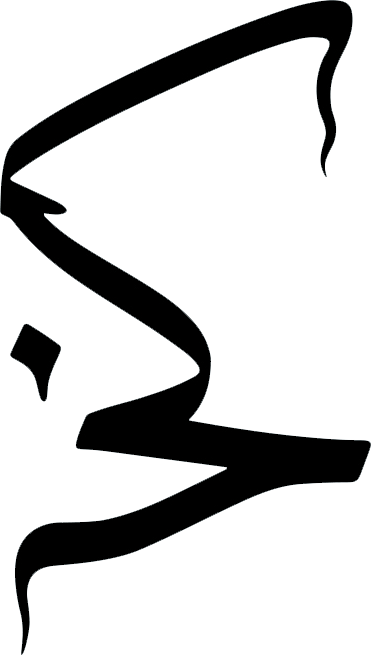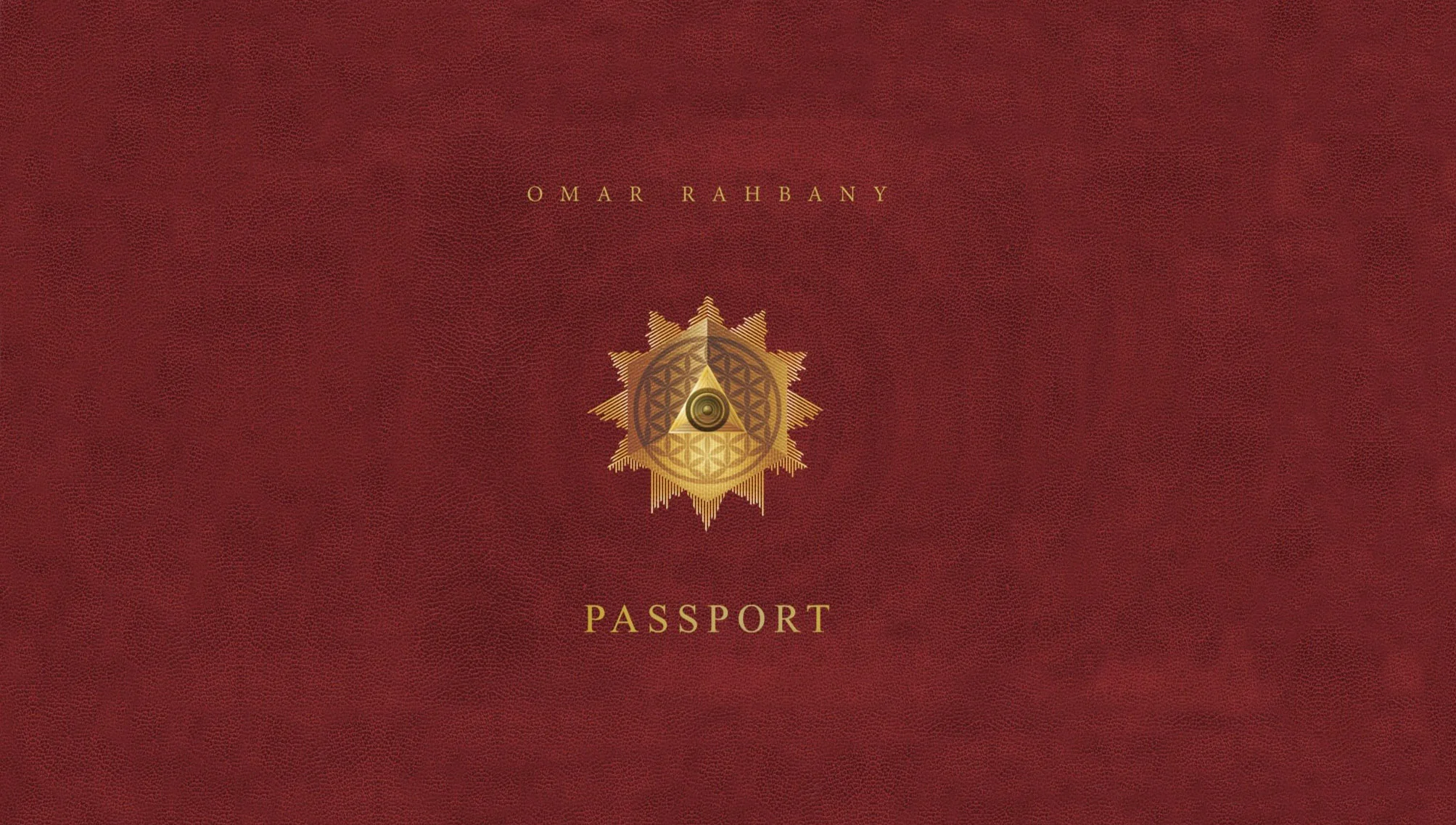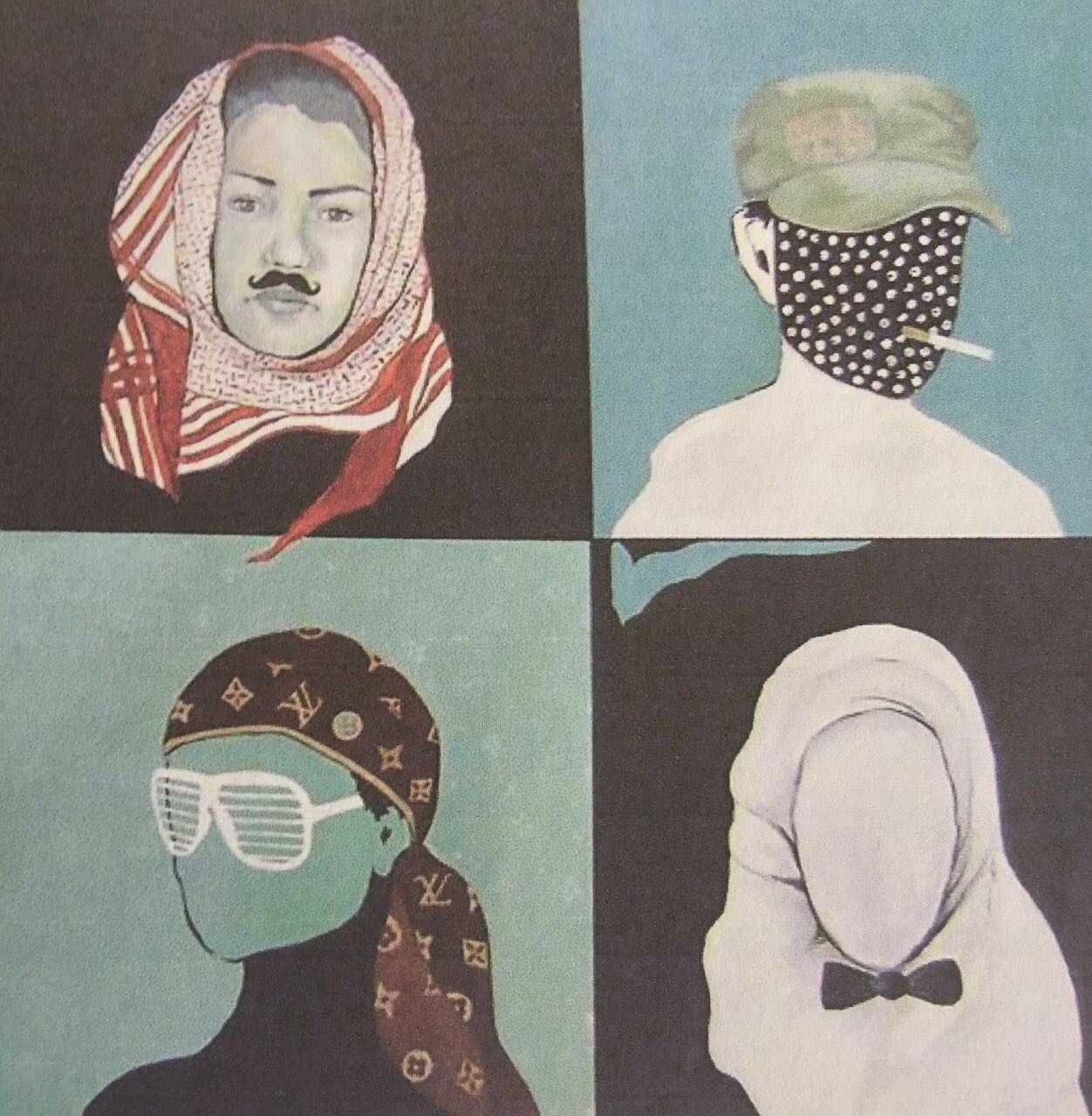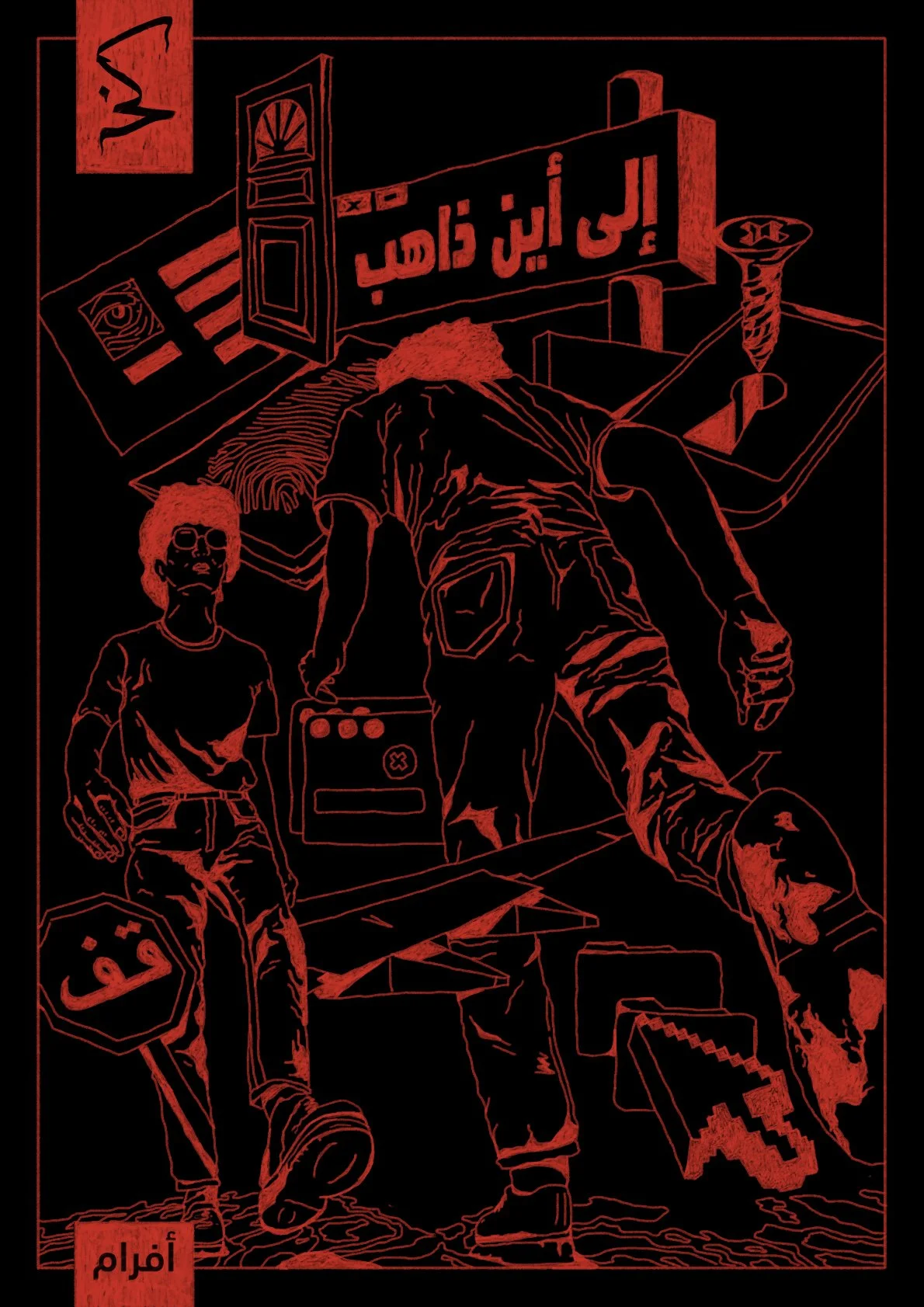KHABAR KESLAN
Pieces by Country
by Knar Hovakimyan,
"Time flows in cycles for her. And cycles within cycles. The yearly visit to the grave was always a reminder of a reset; she was back at a road already littered with her own footsteps."
by Arpi Atabekyan
"And that is what a truly good feminist writing stands for and reminds of—that we are all together in our victories and failures, in our struggles and despair."
by Knar Hovakimyan:
"For this particular series, I have been lost in a confusing nostalgia for a familiar but forgotten history."
by Iman Abbaro:
The Locals series was captured in the Egyptian market, Khan-el Khalili in January 2017.
by Omar Alhashani and Yousif Kalian:
The Hashd a-Shabi brand themselves as united to tap into multiple populisms - local and global.
by Bergen Hendrickson,
"Al-Ghoussein’s most recent body of work documenting the derelict Al-Sawaber complex suggests a more subdued, tender continuation of his continued exploration of the space and poetry of a relation to ‘home’ that remains elusive."
by Sarah al-Mutairi:
"We drive down to my grandmother’s home in Jahra, Kuwait. Always dressed in our best for Eid day, like a scavenger hunt for greetings, we make our way around the neighborhood and wish our extended families a happy Eid..."
by Lizzy Vartanian Collier,
The struggle of the LGBTQ+ representation in Middle Eastern art might phase Alireza Shojaian—but it doesn’t stop him.
by Nour Hifaoui Fakhoury
In a violent society, anxiety rules our core of being.
by Fala Urfali:
"We have every right to live as we choose, but always remember the environment and culture that raised you, HELP IT, because in many ways it helped you."
by Farrah Fray & Ahmed Drebika,
I remember my brother used to climb onto the roof / Whenever the satellite wasn’t working
by Marcus Hibbeln
While ‘inclusive’ to a certain extent, the state-sponsored brand of Islam in Morocco has often been an exclusionary national force that has monopolized the interpretation of Islam and alienated large groups of citizens.
by Amina Soulimani,
A colonial hand fed me, or so I thought, as they spelled the words/for my illiterate granny
by Bayan Abdullateef
At around the age of twelve, one of my teachers said to me: “A girl’s honor is like a matchstick.”
by Shoug Sagur
Why is it so weird for me to walk these streets? Why does every foreign person who passes by me look surprised that I’m here?
by Afram
A bilingual experimental comic exploring paranoia, boredom, and surveillance in the streets of Beirut. The inaugural comic of writer and artist Afram.
with Kinan Azmeh, by Azmi Haroun,
"I grew up playing Mozart. And for me, Mozart was Syrian too. I have listened to it here and in Syria, and I played it in Syria. It's equally Syrian."
by Raphael Cormack,
Spiritualism in the Arabic-speaking world claimed to be scientific, progressive, and modern.
with Mohammad Zaza,
All the elements of creation, both natural and technological, are already expressed in the universe
.
by Rama Duwaji
Women of the orient are constantly dehumanized, either seen as exotic or dangerous.
by Arpi Atabekyan
"And that is what a truly good feminist writing stands for and reminds of—that we are all together in our victories and failures, in our struggles and despair."
by Ali DN
"The help of friends, respect for their tradition, and a smile on one’s face makes it possible to help this old and precious heritage survive."
by Dilan Arslan
I am a Zaza Kurd, and my ancestors have lived in this village in Sivas, Turkey for hundreds of years.
by Ali DN:
Turkish television calls on a mythical past to shape a new national identity.
by Oya Aktas
Beneath Erdogan’s sweeping press censorship lies a rich history of print culture’s flourishing in a diverse Turkey.

















![FEATURED MIX: WITH[OUT] YOU](https://images.squarespace-cdn.com/content/v1/5890b3f7f5e23143abb3465b/1501718763815-EJTUIXPYVHR114067GTD/Screen+Shot+2017-08-02+at+2.04.03+PM.png)
























by Ajna Biya,
"Five rules for surviving Saudi women's high society."